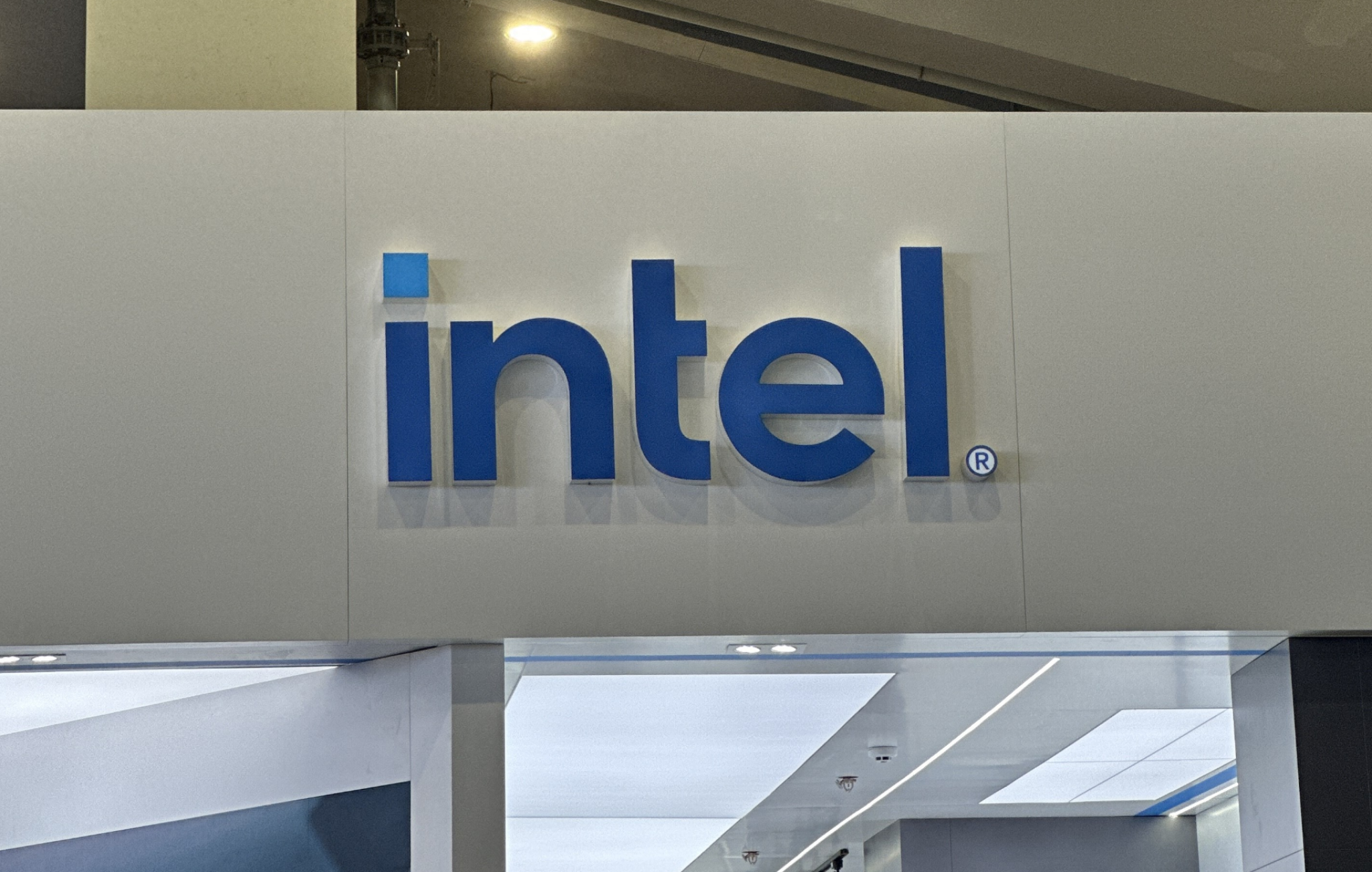Intel May Be Acquired by Qualcomm
Advertisements
In recent days, the tech industry has been abuzz with rumors regarding Qualcomm's potential acquisition of Intel. This comes as a surprise not only due to the scale of the companies involved but also considering Intel's storied history in the world of technology. Once a titan, Intel played a central role in the development of the global semiconductor landscape, contributing significantly to the popularization of personal computers and information technology. In conjunction with Microsoft, Intel once formed a powerful duo known as “Wintel,” dominating the PC internet era.
However, this period of dominance did not last indefinitely. As mobile internet began to rise, both Intel and Microsoft fell behind, failing to pivot effectively to the evolving landscape. The last decade of the mobile internet phenomenon saw companies like Google and Apple rise to prominence, with Google’s Android and Apple’s iOS becoming the ubiquitous operating systems of smartphones. Meanwhile, ARM architecture emerged as the go-to standard for smartphone chips, transforming the semiconductor market and sidelining Intel in the process.
Fortunately for Microsoft, the company underwent a significant transformation after Satya Nadella took over as CEO in 2014. This marked a crucial turning point, as Microsoft shifted its focus away from simply selling operating system licenses and software, putting its chips on cloud computing and artificial intelligence. Today, Microsoft stands tall as the world’s largest cloud services provider, boasting a staggering market valuation exceeding $3 trillion. The company's resurgence serves as a hallmark case of successful transformation in the tech world.
In the fiscal year of 2024, Microsoft reported staggering revenues of over $105.3 billion from its intelligent cloud segment alone. Azure, Microsoft's cloud platform, has become the second largest public cloud provider globally, incrementally closing the gap with Amazon. This transformation from a traditional operating system software company to a modern platform-based enterprise highlights an inspiring narrative of adaptability and resilience.

Sadly, Intel has not been as fortunate. Despite Pat Gelsinger taking over the reins of the company as CEO in 2021 with aspirations of revitalization, Intel's status in the market has not improved. Competitors like NVIDIA have overtaken Intel in the chip market, presenting a major challenge that Intel has struggled to address.
From a revenue standpoint, Intel's performance has been disappointing. In the latest quarterly report for the second quarter of fiscal year 2024, the company recorded revenues of $12.8 billion, marking a year-on-year decline of 1%, alongside a staggering loss of $1.6 billion. This is in stark contrast to the same period last year, where they reported a net profit of $1.5 billion. The non-GAAP net profit for the current quarter stood at $100 million, a significant drop of 85% compared to the previous year’s $500 million profit.
Technologically, while Intel’s high-performance CPUs remain an important factor, the company has faced criticism for its slow pace of innovation, often described as “squeezing toothpaste” out of their technology development. Furthermore, the manufacturing processes have lagged behind competitors such as TSMC. One of the more significant blows came when Apple decided to abandon Intel chips in favor of ARM-designed chips, a move that was quite unexpected given Apple's historically cautious approach to changing major suppliers.
Apple's decision to use ARM architecture in its computing products has sent ripples throughout the tech industry, leading other companies to follow suit. This shift not only augments competition in the ARM segment but further pressures Intel's already waning market share.
In the traditional CPU field, Intel finds itself under relentless pressure not just from ARM but also from competitors like AMD and Qualcomm. The emergence of the artificial intelligence era has only added to the sense of inadequacy felt at Intel as the company struggles to keep pace.
The tech world has fully entered the age of artificial intelligence, a realm where NVIDIA's AI chips have become essential, with giants like Meta, Google, and Microsoft clamoring for access to NVIDIA’s powerful platforms to enhance their own AI capabilities. This demand has resulted in these tech behemoths spending billions to procure NVIDIA hardware, propelling NVIDIA to heights never seen before as the largest chipmaker, achieving a market cap surpassing $3 trillion at one point, which is reflective of a gargantuan disparity when compared to Intel's mere $93.4 billion valuation.
However, concerns loom over NVIDIA's sustained growth amidst the AI frenzy. The ongoing surge in spending on AI infrastructure by tech giants is unlikely to sustain indefinitely, throwing into question whether NVIDIA's stock prices represent a bubble. In this rapidly evolving chip industry landscape, Intel's shadows have grown longer as the company struggles to maintain relevance against the likes of AMD, Qualcomm, and ARM, all while facing declining prospects in the capital markets.
Facing stiff competition from NVIDIA, AMD, and Qualcomm, Intel finds itself in a precarious situation, prompting drastic measures like workforce reduction to improve efficiency. The company has announced a cost-cutting program that aims to save $10 billion, which includes a workforce decrease of more than 15%. As of June 29, 2024, Intel workforce numbers stood at 116,500 employees (excluding subsidiaries), which means that around 17,500 jobs will be impacted.
Ultimately, in these turbulent times, an acquisition by Qualcomm may prove to be Intel’s best path forward, one that could reshape the competitive landscape of the global chip industry and ignite profound changes across the entire tech sector.
Recent reports indicate that Qualcomm has opened discussions regarding the potential acquisition. Nonetheless, it is crucial to note that any deal remains far from assured, facing potential antitrust challenges due to the monumental implications such an acquisition would have on the global chip market. Any regulatory body across the world could veto the merger, causing the deal to fall through. Additionally, Qualcomm’s cash reserves may not easily cater to the $90 billion plus valuation of Intel. Yet, should this transaction materialize, it would signal one of the most significant tech mergers in history.
Leave a comment
Your email address will not be published